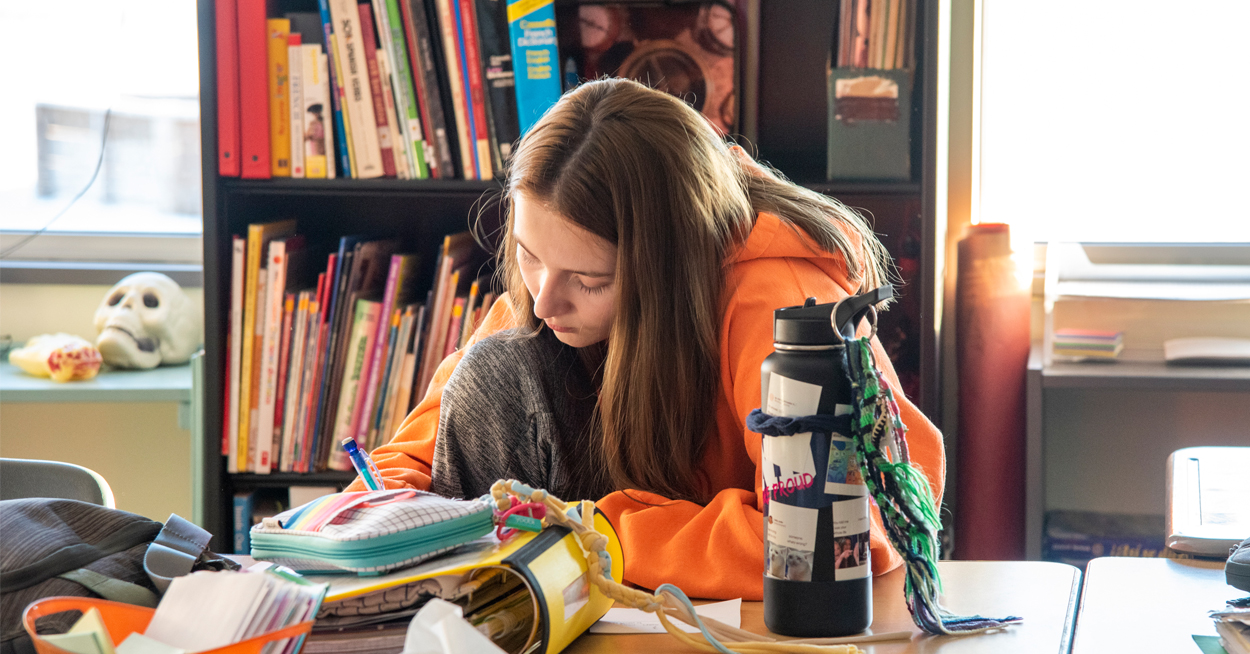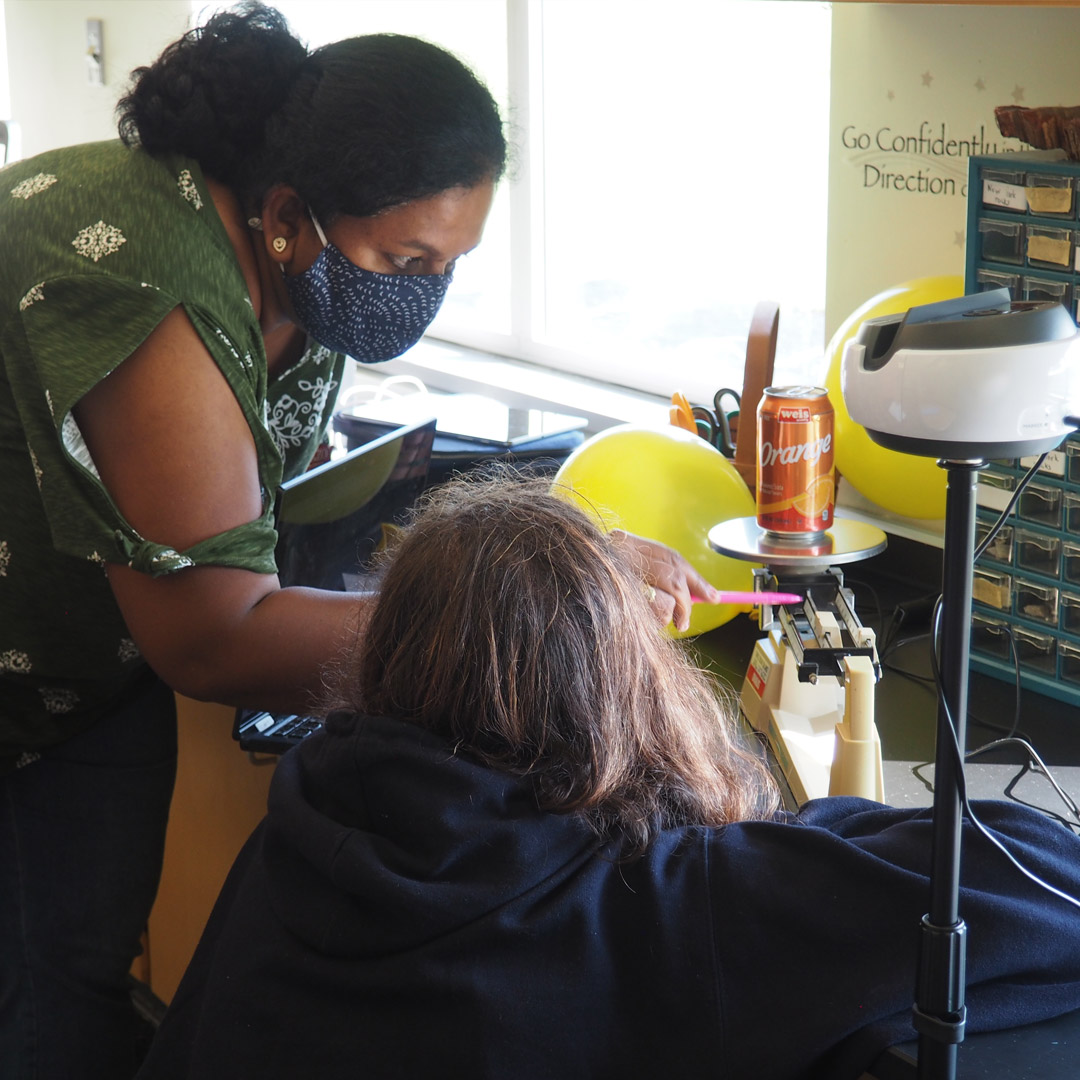Providing K-12 students with learning differences individualized support to succeed

The truth is you most likely know someone with a learning difference. According to a study by the National Center for Learning Disabilities (NCLD), one in five children in the United States have learning and attention issues such as dyslexia, dyscalculia, ADHD, autism spectrum disorder (ASD) or another executive function disorder. Unfortunately, despite how prevalent learning differences are, due to a lack of awareness, incorrect perceptions, harmful stigmas, repeated myths and lack of adequate support and resources – children with learning differences face staggering barriers.
At The Janus School, our focus is on helping families and students with learning differences gain access to the support they need to unlock their full potential. Another important part of our mission is to foster conversation about the resources available within the education setting, such as accommodations and modifications, that can set the stage for student success.
Accommodations Versus Modifications
For children with learning differences, often times accommodations and/or modifications are implemented to help students succeed. It is critical for parents and educators to work together to identify each child’s unique strengths and areas for improvement and develop an individualized learning plan based on the findings. In addition to information on curriculum and approach to education, these plans should clearly outline the accommodations and modifications to be provided.
What are Accommodations?
Accommodations are adaptations made in the educational setting that allow the student to demonstrate what they were taught in a way that will set them up for success. It is important to note that accommodations do not reduce performance expectations or how the student’s performance is measured.
Accommodations can be grouped into five categories, which include:
- Timing
- Flexible Scheduling
- Accommodated Presentation of Material
- Setting
- Response Accommodation
For example, an accommodation might provide a child with extra time to complete a test or allow the student to respond verbally to a written assignment.

What are Modifications?
Modifications, on the other hand, are academic curriculum adaptations that change the content being taught or the assessment being given to meet the student’s needs. Modifications may include reductions in the learning expectations for the child.
For example, a modification could reduce the learning expectations for a student by supplying an adapted grading rubric that better aligns with their abilities, simplifying the learning material or reducing the difficulty of a given assignment.
Ensuring modifications and accommodations are clearly outlined as part of an IEP and adequately and consistently made available to each child as outlined, can help ensure students are empowered to reach their full potential within the classroom. As many schools face ongoing shifts and changes between virtual, hybrid and in-person learning as a result of the COVID-19 pandemic, it is critical to consider how these modifications and accommodations may need to change and evolve based on the changes in the learning environment and expectations for students.
The Janus School is Here to Help
At The Janus School, the only independent K-12 day school in Central Pennsylvania dedicated to the needs of students with language- or math-based learning disabilities, such as ADHD, autism spectrum disorder, and other non-verbal and executive functioning disorders, our priority is to provide students with the resources they need to succeed in school and in life.
We provide individualized instruction that is backed by research and fit for each student’s unique needs. Our priority is to support families and students with learning differences by answering questions and helping families get connected to the information and resources they need. Not all great minds think alike, and empowering students with the right tools, techniques and personal support can unlock their gifts and potential in the classroom and in life. Start a conversation with us today. We would love to hear from you!